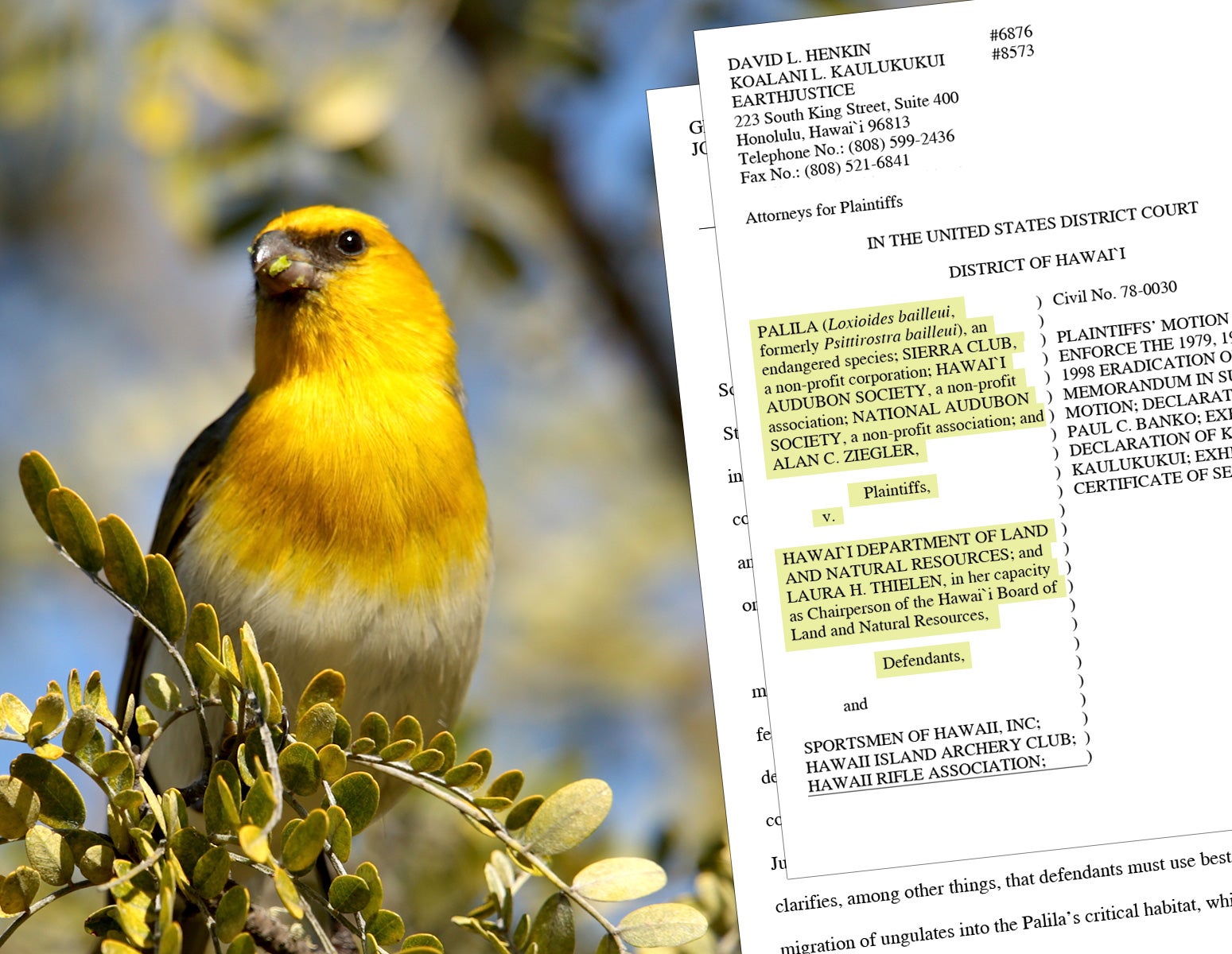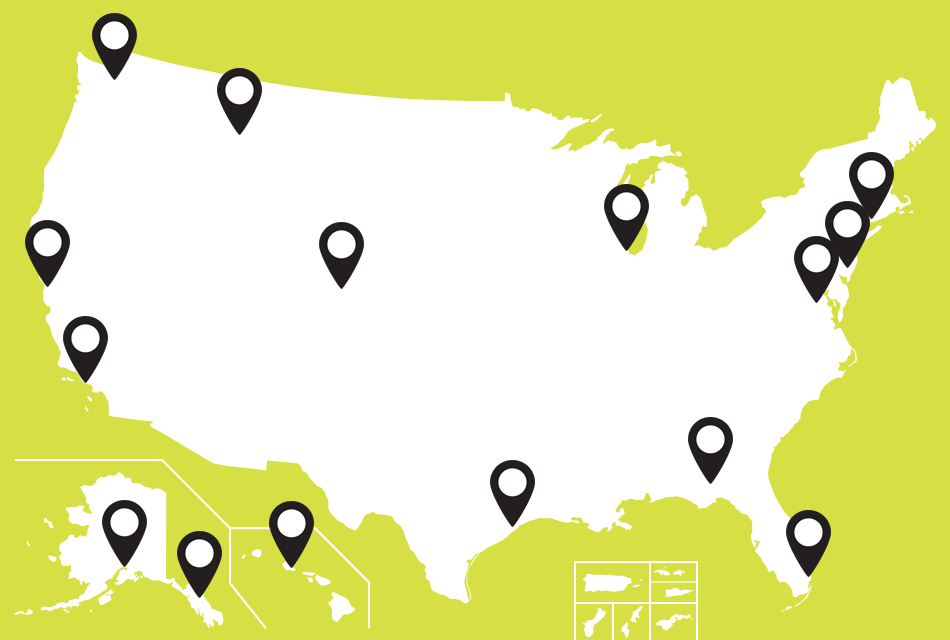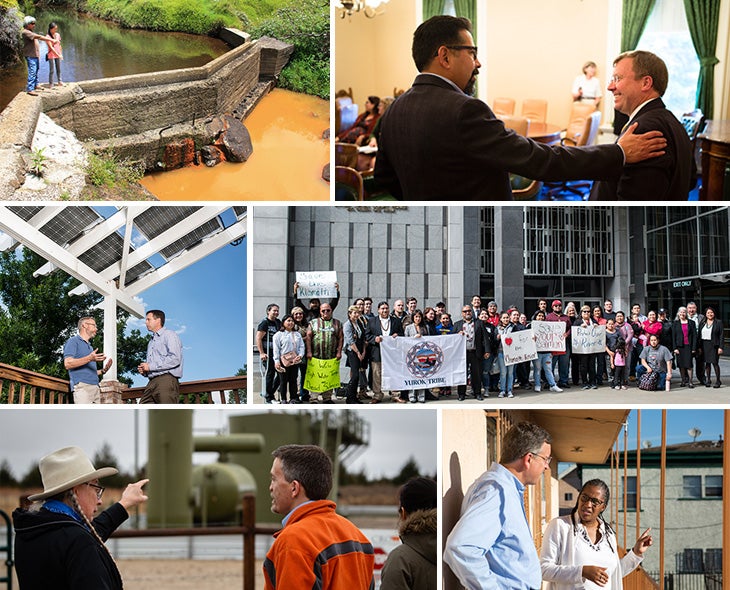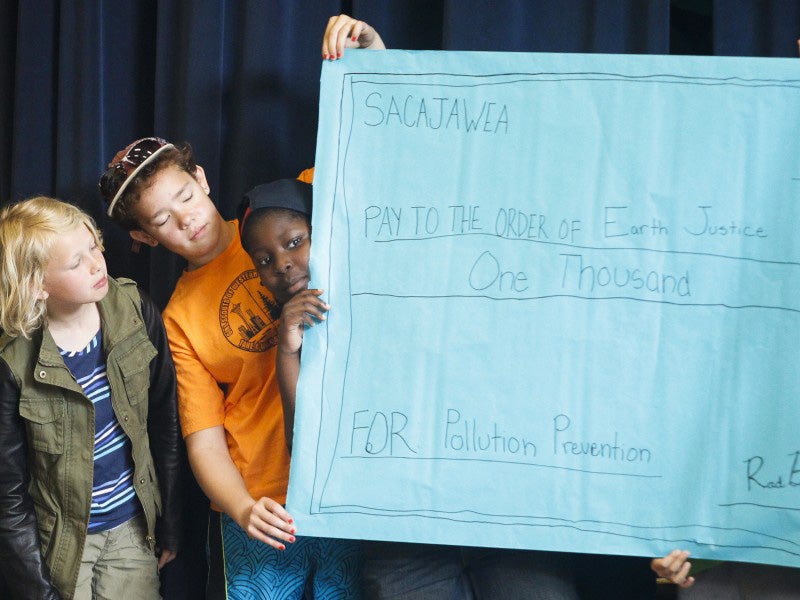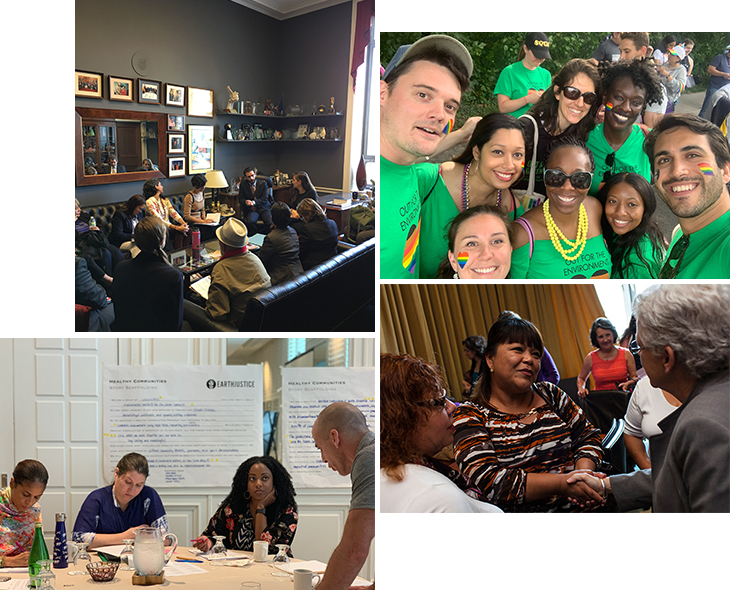About Earthjustice
Earthjustice is the premier nonprofit public interest environmental law organization. We wield the power of law and the strength of partnership to protect people’s health, to preserve magnificent places and wildlife, to advance clean energy, and to combat climate change.
We are here because the earth needs a good lawyer.
The law is the most powerful tool for change.
Behind nearly every major environmental win, you’ll find Earthjustice.
Founded in 1971, Earthjustice has saved irreplaceable wildlands, cleaned up the air we breathe, and fueled the rise of 100% clean energy. We have protected countless species on the brink of extinction, and secured long-overdue, historic limits on our nation’s worst polluting industries. When we go to court, we get results. And we’re able to do this with the generous support of people like you. See what we achieved together in 2025.

We have the most experienced environmental legal team in the world.
Our 200+ full-time lawyers rank among the nation’s foremost legal strategists for the environment.
With research analysts, policy experts, scientists, and more, our team leverages unparalleled legal expertise — from our nation’s highest court, to our local public utility commissions. See 50 of our landmark cases. Our work is supported and guided by our Board of Trustees and the Earthjustice Council.
We go to where the fight is.
Our deep roots in key regions across the nation keep us connected to the people we serve and the places we protect.
Drilling in Alaska. Toxic algae blooms in Florida. Leaking coal ash ponds in Illinois. Oil spills in the Gulf of Mexico. With 15 offices, we are on the ground, fighting for issues that matter in local communities — and achieving results that resonate on a national and global scale.
We represent our clients for free.
We serve more than a thousand public-interest clients, providing top-tier legal representation in their fight for justice.
From widely recognized organizations to one-stoplight communities, our clients have one thing in common: They stand on the frontlines of the fight for a healthy environment for all.
We are committed to responsible fiscal management.
We hold ourselves to the highest standards of good governance.
As a 501(c)3 nonprofit, we respect each and every gift from the tens of thousands of individual donors and the foundations who invest in us to build a better future. The nation’s chief watchdog groups for charitable organizations annually recognize our commitment to transparency and efficiency.
Justice, partnership, inclusion, and excellence define us.
Inside and outside the courtroom, our core values guide us in every aspect of our work.
Achieving justice in everything we do is inextricably linked to our mission to protect our planet and defend the rights of all people to a healthy environment. Earthjustice strives to ensure that how and where we work — across offices, communities, remote locations, and courtrooms — demonstrate our commitment to justice and environmental stewardship.
Earthjustice was created to fight — and win — for our planet in court.
These next years are critical in the fight against the climate crisis.
Never before has our work been more important — and we want you by our side.
